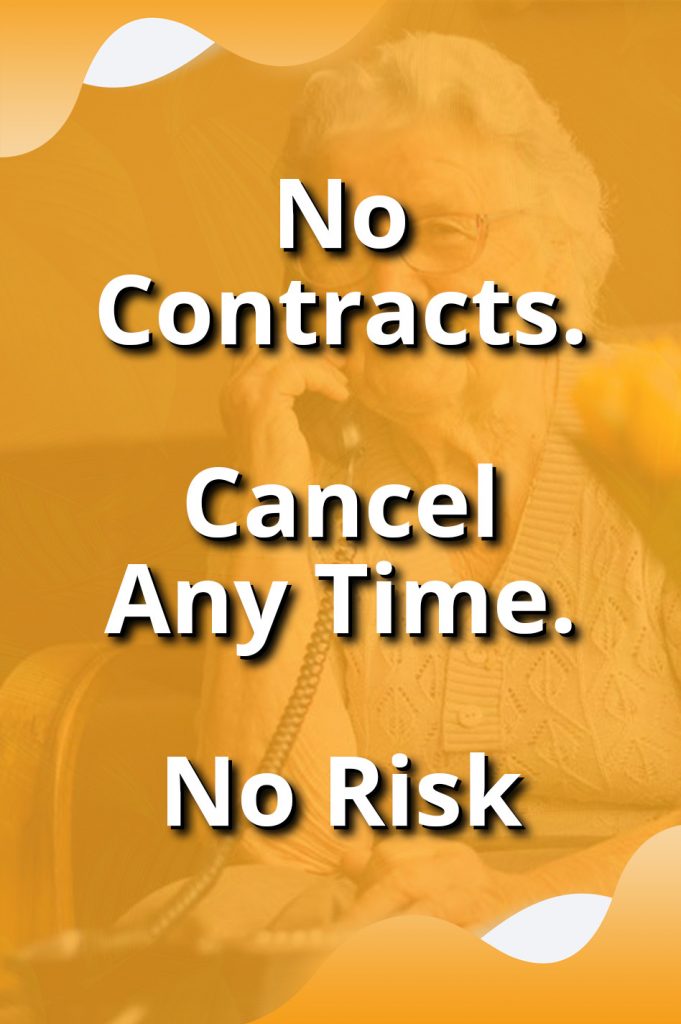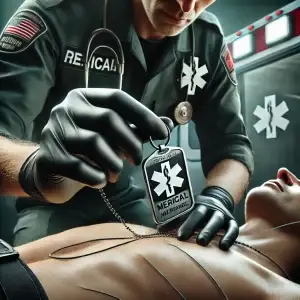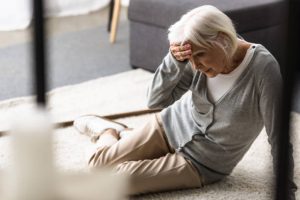Everyone Knows They’re OKAY: The Role of CareCalling in Lone Worker Safety

In today’s working world, more and more people are doing their jobs alone—Role of CareCalling in Lone Worker Safety whether it’s a night shift security guard, a regional technician out in the field, or an elderly employee maintaining part-time work. These lone workers are strong, capable, and dedicated—but even the best can have an off day.
Any worker who returns home alone and feels vulnerable would benefit from knowing they arrived home safe and sound.
The real question is: If something happens… who would know?
That’s where CareCalling steps in—not just as a safety protocol, but as a genuine service of care. It’s about more than compliance. It’s about connection.
CareCalling is a professional service that regularly checks in with lone workers via phone calls—automated or personal—to confirm their well-being. These calls are simple, respectful, and designed not to interrupt, but to care.
These calls can be arranged so that worker could receive a call when they should safe.
Think of it as a digital shoulder tap, asking:
“Are you OK?”
“Do you need help?”
“We’re here if you do.”
It’s peace of mind—for the worker, their family, and the business.
Lone workers don’t always have someone nearby if something goes wrong. Whether it’s a sudden medical issue, an accident like slipping or falling, or just emotional fatigue—someone needs to check in.
Here’s why CareCalling is crucial:
People Feel Seen & Valued
Regular check-ins say, “We haven’t forgotten you.” It builds trust and morale.
Immediate Action When It Counts
Missed a check-in? The system notifies someone instantly. No hours of silence. Just smart escalation.
More Than Safety—It’s Support
CareCalls can include gentle reminders to take breaks, hydrate, or log tasks. It’s wellness, not just emergency response.
Unlike clunky, checkbox-style safety systems, CareCalling is made to feel human.
✅ Friendly, real voices
✅ Flexible frequency (hourly, daily, shift-based)
✅ Custom escalation paths (contact a supervisor, send emergency services, notify next of kin)
✅ Available 24/7
No complicated tech. No apps to install. Just the phone—the one thing everyone already has.
You don’t need a high-risk job to be at risk. Tripping over equipment. Passing out from dehydration. Panic attacks. Fainting. These things happen quietly and quickly. A CareCall can be the difference between a delay and a disaster.
CareCalling isn’t just a safety service. It’s a human one.
Because-
“I’m OKAY.”
And someone should always be there to hear it.
Ideally, organizations would have safety check-in protocols for all employees who work alone, in isolation, or in remote locations. However, here are some examples of particularly high-risk workers that require them:
Want to explore CareCalling services for your team or workforce? Let’s chat. We’re here to make sure everyone knows they’re OKAY.
Without a call no one knows they are safe



Everyone Knows They’re OKAY: The Role of CareCalling in Lone Worker Safety In today’s working world, more and more people are doing their jobs alone—Role

How to Safely Help a Fallen Loved One: Guidance for Emergency Contacts In moments of urgency, knowing how to assist a loved one who has

Discover how a senior safety check-in service like CareCallingNow ensures daily well-being checks, offering peace of mind for families.

ⓒ All rights reserved